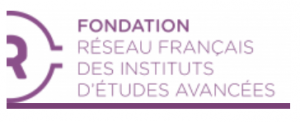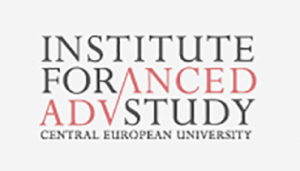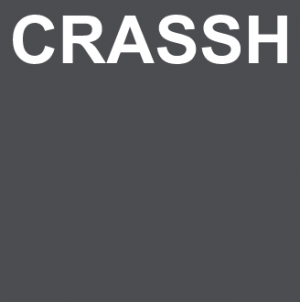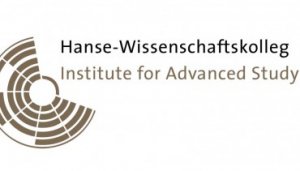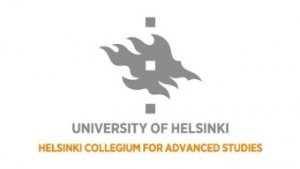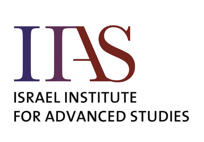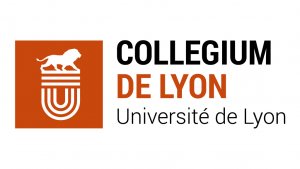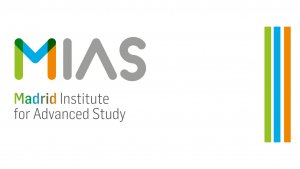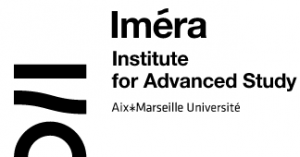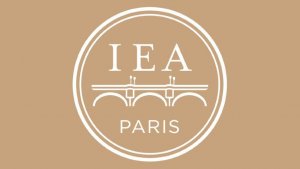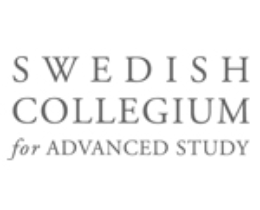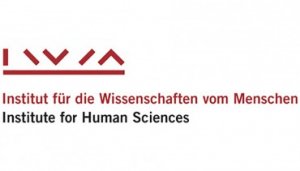European Institutes for Advanced Study (EURIAS) Fellowship Program

The European Institutes for Advanced Study (EURIAS) Fellowship Programme is an international researcher mobility programme offering 10-month residencies in one of the 19 participating Institutes: Aarhus, Amsterdam, Berlin, Bologna, Budapest, Cambridge, Delmenhorst, Edinburgh, Freiburg, Helsinki, Jerusalem, Lyon, Madrid, Marseille, Paris, Uppsala, Vienna, Warsaw, Zürich. The Institutes for Advanced Study support the focused, self-directed work of outstanding researchers. The fellows benefit from the finest intellectual and research conditions and from the stimulating environment of a multi-disciplinary and international community of first-rate scholars.
EURIAS Fellowships are mainly offered in the fields of the humanities and social sciences but may also be granted to scholars in life and exact sciences, provided that their proposed research project does not require laboratory facilities and that it interfaces with humanities and social sciences. The diversity of the 19 participating IAS offers a wide range of possible research contexts in Europe for worldwide scholars. Applicants may select up to three IAS outside their country of nationality or residence as possible host institutions.
The Programme welcomes applications worldwide from promising young scholars (postdoc) as well as from leading senior researchers. The EURIAS selection process has proven to be highly competitive. In order to match the Programme standards, applicants have to submit a solid and innovative research proposal, to demonstrate the ability to forge beyond disciplinary specialisation, to show an international commitment as well as quality publications in high-impact venues. The EURIAS Consortium welcomes applications from scholars at risk.
For the 2018-2019 academic year, EURIAS offers 54 fellowships (26 junior and 28 senior positions).
All IAS have agreed on common standards, including the provision of a living allowance (in the range of € 26,000 for a junior fellow and € 38,000 for a senior fellow), accommodation (or a mobility allowance), a research budget, plus coverage of travel expenses.
Selection procedure
- Scientific assessment by two international reviewers
- Pre-selection by the international EURIAS Scientific Committee
- Final selection by the IAS academic boards
- Publication of results (January 2018)
Calendar of actions
- Launch of the call for applications → May 5th, 2017
- Application deadline → June 7th, 2017, 4 pm GMT -Greenwich Mean Time- (6 pm Paris/Brussels Time)
- Results of the preselection by EURIAS Scientific Committee → Mid-November, 2016
- Publication of IAS final selections → Mid-January, 2018
- Arrival of fellows → September/October 2018
Eligibility criteria
Degree
At the time of the application, researchers must be in possession of a doctoral degree plus 2 years of full-time research experience after the degree. Exception is made for Law scholars who are eligible with a Master +6 years of full-time research experience after the degree. (PhD training is not considered in the calculation of experience).
Mobility
Researchers from all countries are eligible to the programme. At the time of the application, researchers must not have resided or carried out their main activity (work, studies, etc) in the country of the selected host institute for more than 12 months in the 3 years immediately prior to the reference date - June 7th 2017 (short stays such as holidays and/or compulsory national service are not taken into account).
Disciplines
The programme is open to all disciplines in the fields of humanities and social sciences.
It also welcomes applications from the arts, life and exact sciences provided that:
- the research project does not require any intensive laboratory work,
- the research project interfaces with humanities and social sciences,
- the applicant has a proven capacity to dialogue with other scientific disciplines,
- the candidate applies to an IAS that welcome scholars outside the humanities and social sciences.
Applicants are strongly encouraged to check the IAS’ websites to learn more about the scientific orientation of the Institutes and their potential opening to disciplines outside the humanities and social sciences.
Age
There is no age discrimination.
Administrative
Applicants must provide full application forms, curricula, PhD diploma, publications, two letters of recommendation for junior applicants, detailed research proposals. Incomplete applications are not considered.
Late applications are not considered (the online application platforms prevents applicants from submitting after the deadline).
